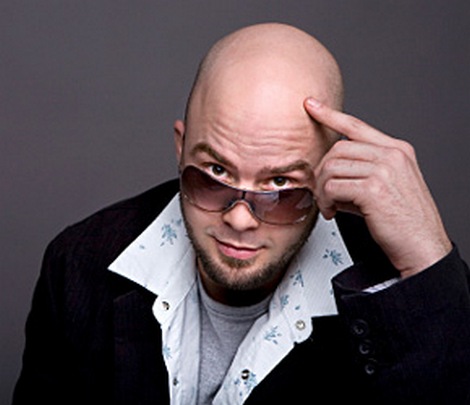Non-Genetic Causes of Baldness
The majority of people, especially those who have never suffered from excessive hair shedding, think that baldness is an exclusively hereditary condition caused by genetic reasons. Although severe cases of hair loss are indeed often triggered by genetic causes, hair shedding and even complete baldness can be a result of other factors, as well. The following list presents the most widely-spread causes of non-genetic baldness:
• Hormonal fluctuations and imbalances
Hormonal imbalances are a common cause of hair loss in both men and women, particularly those entering their mid-life. A healthy, stable hormonal status is always reflected in thick, radiant hair. However, when the production of the natural hormone testosterone is too high, its excess can be converted by the body into a substance called DHT. DHT is known to damage hair follicles and induce a massive and, unfortunately, permanent loss of scalp hair. Simultaneously, testosterone can stimulate the growth of hairs on other parts of the body, such as the face, legs and back. Many people think that a testosterone overload is only typical for men; however, women who are getting through their mid-life transition can suffer from this condition, too.
Female hormones can also be responsible for baldness. Estrogen, the level of which is naturally high in young, healthy women, produces robust hair follicles and contributes to the thickness of scalp hair. This is particularly noticeable during pregnancy, when women develop beautiful, glowing curls. However, when levels of estrogen drop, soon after giving birth to a child (postpartum period), or during peri-menopausal and menopausal periods, women tend to lose their lush locks and experience unpleasant hair thinning, particularly in the frontal area of the scalp.
• Drugs, radiation and chemotherapy
Many pharmaceutical medications are responsible for baldness. The worst “offenders” are drugs that are used to treat arthritis, hypertension, heart diseases, and various types of cancer. Cancer chemotherapy typically features very strong drugs that annihilate both malignant and healthy cells, thus inducing a massive and sometimes total loss of hair. Radiation therapy works the same way, destroying many good cells alongside with cancerous ones.
Presently, researchers are trying to invent safer methods of treating cancer, which would not cause so many side effects, including baldness. However, current therapies for fighting malignant tumours still employ harsh chemicals and radiation. The hair fall caused by anti-cancer medications starts already after the first chemo or radiation-session and continues moths after the treatment is over. Good news is that chemotherapy-induced baldness is usually reversible and the hair tends to grow back about a year after the completion of the treatment.
• Biotin deficiency
Biotin, one of essential B-group vitamins, is a crucial element that supports the growth and strength of hair. When the supply of biotin is not adequate, the person’ hair weakens and sheds. Biotin is present in a variety of foods of both plant and animal origin; it can also be taken from dietary supplements or multivitamin tablets. The best dietary sources are egg yolks, especially raw, and beef liver. Some foods, such as raw egg whites, contain a substance called avidin that can interfere with the assimilation of biotin.
• Emotional stress, certain diseases, allergies and infections
Emotional stress is a common hair loss trigger. Balancing your work with proper rest, practicing yoga, meditation and relaxation techniques can restore the heath of hair. Certain fungi, yeasts, viruses and bacteria can also be responsible for excessive hair shedding. Fungi and bacteria can penetrate hair follicles and scalp tissue, causing dandruff, sebhorrheic dermatitis and other conditions that weaken hair roots. Autoimmune disorders and allergies can also induce hair loss. If your baldness is caused by any of the above conditions, medical help and prescription drugs can be recommended to treat the hair fall.
Robin Makris
Posted on July 15, 2008
Filed Under Hair Loss, Hair Loss Reasons
Comments
Leave a Reply

